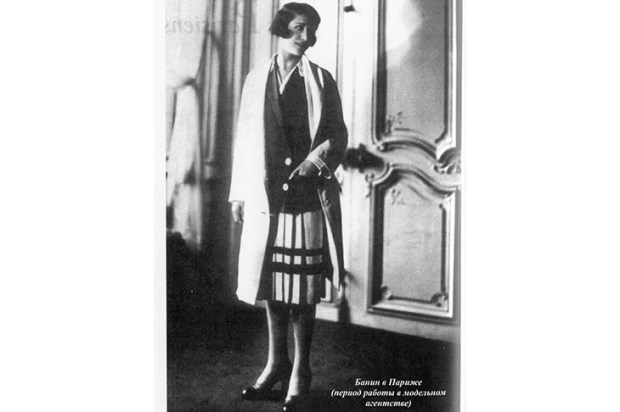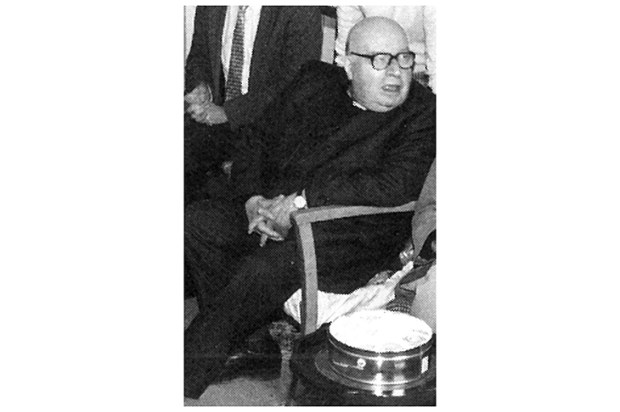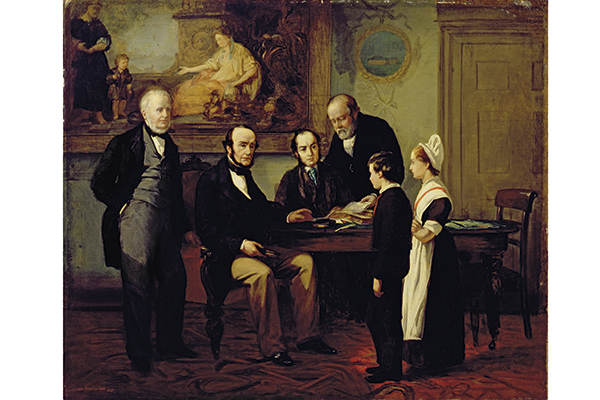The sorrow of involuntary childlessness is profound. The award-winning novelist Patrick Flanery and his husband knew this pain. Their craving to love and nurture a child left them with an intractable emptiness.
Flanery has no siblings; his parents lived abroad, and he had a difficult relationship with his father. So his desire was to create the close-knit family he never had. I sympathised deeply with the couple. Their tenderness and dedication to parenthood is obvious, but when they investigated the options open to them, they found most doors if not actually locked, then spring-loaded shut.
Despite Flanery’s sensitivity, he occasionally shows lapses of insight, as when he admits resenting those female friends with one child whom he asked to be surrogates, who told him they never wanted to give birth again, only to change their minds. He must have realised that once they’d recovered from the ordeal of childbirth, the urge to have — and keep — another child would be as strong in them as it was in him.
Flanery shows a similar lack of understanding when, having looked at the restrictions on surrogacy in the UK, he wonders how adopting a child who’s been forcibly taken from its birth parents can be ethically any less compromised than surrogacy. Free of the subjective fog, he should have seen how in the first situation the move is purely for the benefit of an already existing child.
Having found surrogacy unfeasible, the couple moved towards adoption. From the start, there were warning signs that it would not be easy. A social worker told them that it was not a problem that they were gay (they hadn’t asked); and, on discovering that Flanery was a novelist, joked that a previous gay client wrote pornography — as though that were the norm for gay writers.
Flanery and his husband identified themselves on the paperwork as ‘queer’ rather than gay. Although the term is no longer used as a homophobic insult and is included in the LGBTIQ spectrum, I worried that some social workers might equate it with ‘weird’. And so it proved.
The adoption process was laborious, the tasks the couple had to complete patronising and often insultingly simplistic (‘draw a spider and label each leg with one of your worries’) and for months their search seemed fruitless. Furthermore, their stated limitations — they felt unable to cope with severe physical or mental disability — were ignored.
The dissertation-length analyses we get of gender stereotypes and homophobia in the films Prometheus and Alien: Covenant are unnecessary. Ditto the many pages musing on the word ‘envy’, as applied to a woman’s biological ability to give birth. Why not just call it ‘longing’ or ‘yearning’, words which encompass the sorrow and coveting?
The Ginger Child will inevitably stir strong emotions. Some readers may point out that biological parents don’t have the luxury of imposing limitations on what sort of child they’d accept. Others may say the couple’s later justification for their actions (which I won’t reveal) was disingenuous. Did they, as they state, feel ‘unequipped’ to look after a child who probably had undiagnosed learning difficulties? Or were they merely unwilling to give up a metropolitan lifestyle of art galleries and travel?
I think that some of their fears were premature: their disappointment at the boy in question not tearing himself away from his extended foster family to say goodbye to them after a visit was surely because the former had constituted his family all his life. But other warning signs were undeniably at odds with a cosmopolitan lifestyle. Adopters being selective may seem unkind or selfish, but ultimately it’s better for all parties not to proceed under those circumstances.
This is a compelling, heart-wrenching memoir that exquisitely describes a visceral pain all too many of us feel.
Got something to add? Join the discussion and comment below.
Get 10 issues for just $10
Subscribe to The Spectator Australia today for the next 10 magazine issues, plus full online access, for just $10.
You might disagree with half of it, but you’ll enjoy reading all of it. Try your first month for free, then just $2 a week for the remainder of your first year.














Comments
Don't miss out
Join the conversation with other Spectator Australia readers. Subscribe to leave a comment.
SUBSCRIBEAlready a subscriber? Log in